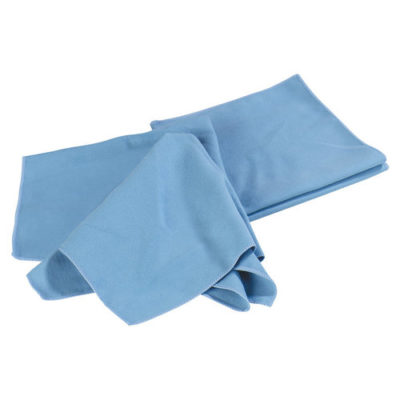Jewelry Tips & Tricks
WHEN THE UNEXPECTED HAPPENS, MAKE SURE YOUR JEWELRY IS PROTECTED. HERE ARE SOME VALUABLE TIPS TO GET YOU STARTED.
Routine inspections and cleanings help assure that your jewelry is in good condition. During an inspection, your jeweler looks for broken or worn prongs, weak clasps, worn connections, or other damage before you loose a diamond, break a strand of pearls, or ruin a watch.
If you bring along your most recent insurance evaluation/appraisal, we can review the values. You will leave with jewelry that shines like new and have peace of mind knowing “Dr. Rob” says your jewelry is in good repair.
How to Care for your Jewelry in the Summer
BY JEWELERS OF AMERICA
- No chlorine or salt water! Remove all jewelry before going into a hot tub or swimming pool or salt water. Chlorine or salt water can damage and discolor metals such as gold and platinum and can slowly erode the finish and polish of gemstones.
- Don’t wear jewelry when applying sunscreen, lotions, and when in the shower. These products cause a film to form on your jewelry, making it appear dull and dingy.
- Wipe jewelry after wearing. Use a clean, soft, slightly damp cloth to wipe jewelry after wearing to remove any summer lotions. This will enhance the jewelry’s luster and will ensure that it is clean before storage.
- Store your jewelry in a clean, dry place.
- Keep your jewelry in a fabric-lined jewelry case, or in a box with compartments and dividers to prevent pieces from scratching each other.
- After the summer season, take it to a reputable jeweler for a professionally cleaning to maintain the luster and sparkle of your precious jewelry. You can find a trustworthy jewelry store near you our Find a Jeweler locator of Jewelers of America members.
PEARLS OF WISDOM
 Dirt buildup may hasten the wear of your jewelry. Visit your jeweler at least twice per year to have your fine jewelry professionally cleaned and inspected for worn or cracked prongs, faulty clasps, or other potential problems.
Dirt buildup may hasten the wear of your jewelry. Visit your jeweler at least twice per year to have your fine jewelry professionally cleaned and inspected for worn or cracked prongs, faulty clasps, or other potential problems.- Avoid heavy blows to your diamond. Diamonds can chip if struck at the right angle.
- Salt water and jewelry don’t mix. Ocean water can damage some stones and metals.
- Keep jewelry in unlikely places. Jewelry boxes are an obvious place for thieves to look.
- Exposure to chemicals can damage and discolor precious metals – like gold, silver, and platinum – and may harm colored gems. Remove jewelry before going into chlorinated water and hot tubs or using household cleaners.
- When traveling, keep valuable jewelry at home or store it in a hotel safe.
- Remove jewelry before swimming. Fingers constrict in water, making rings more likely to fall off.
- Don’t place or store your jewelry near vents, grates, sinks or drains.
- Pearls are easily damaged by an array of personal products like cosmetics and lotions.
- Most burglaries happen in broad daylight. Always keep doors and windows locked during the day.
- If you bump or snag your jewelry, have it inspected for potential damage that may be unnoticeable to you.
- Always take time to place jewelry in a secure place, not in a pocket, on a counter, or in a public area.
- When not wearing your jewelry, place each item in a separate, soft, compact container. If cluttered together, jewelry can become scratched – even diamonds.
- One of the best ways to keep valuable or expensive jewelry collections secure is to store them in a burglary and fire-resistance safe.
